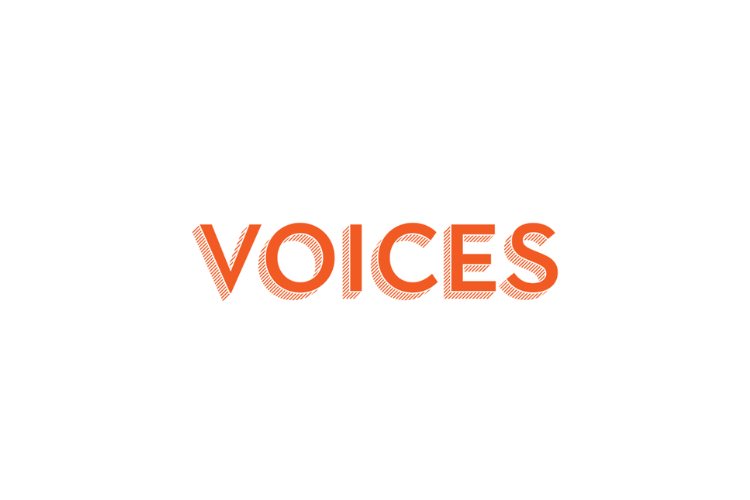
Breast Cancer: The Tough Cure for Racism?
Sisterhood is powerful, but not always powerful enough to unite women across race and class lines. The life threatening reality of breast cancer may be bringing women together in a way that no other issue has.
Proof positive? The contingents of African-American women from Harlem and Brooklyn marching alongside Manhattan Latina women and thousands of white, native-born New York women in last October’s SHARE-a-walk. This four-mile show of solidarity is the annual visibility and fund-raising day for SHARE, the New York City self-help organization started in 1976 for women with breast or ovarian cancer. Not that breast cancer support groups pull women together like iron filings to a magnet. SHARE’S leaders—all of them survivors of breast cancer and many of them Jewish—say the organization has worked very hard in the past five years to reach women of color. Few African-American or Latina women felt comfortable coming to SHARE’S mid-town Manhattan office, so SHARE went to them.
Executive director Alice Yaker, 54, Jewish, a politically active lawyer, praises the organization’s self-help model: “Everyone’s a participant and a developer.” The groups give people with breast or ovarian cancer the emotional support of other women going through the same thing—a buddy to phone at two in the morning, or help with medical insurance problems. The goal is empowering each member to take charge of her life and then to help other women.
Yaker came to SHARE five years ago when she joined a support group for women newly diagnosed with breast cancer. An advocate for reaching women across race and class, she sees SHARE’S black, Latina and white women getting involved “both separately and melded.” She estimates that more than 6,000 women attend SHARE groups each year; SHARE’S English and Spanish hotlines get some 5,000 calls annually. SHARE made a special effort to include African-American and Latina women in their delegation to a recent National Breast Cancer Coalition conference in Washington. Participants, among them Latina women speaking through an interpreter, lobbied for more federal funds for breast cancer research.
The basic SHARE model is to bring women newly diagnosed with breast cancer into self-help groups for six weeks. After that they may join more narrowly defined groups—for young women, women with children, older women, lesbians, women whose breast cancer has metastasized. Harlem SHARE and the Latina groups have followed a different route: the same group members stay together for years. Bella August, project coordinator for Latina SHARE, explains: “Lots of the Latina women don’t have a support group outside of SHARE. They don’t speak much English, and for some women it’s practically the only time they leave the house.”
In contrast, many of the African-American women are professional women whose SHARE groups socialize together and hold fundraising events and retreats. August, 58, white, Jewish, and married to an African-American, sees herself as “a bridge.” She joined SHARE when she was diagnosed with breast cancer nine years ago. Trained as a psychotherapist and social worker, she says, “Racism and class differences don’t disappear just because a person has breast cancer. White women may interrupt or ignore each other when they’re talking. No big deal. But when they do the same thing to an African-American or Latina woman, she may experience it as racism.”
Meanwhile, D.G. Wilson, 45, a self-described “very strong black woman” who joined Harlem SHARE three years ago and now oversees SHARE’S outreach, says, “Even though it’s a very racist society—and it is—when you come through this door, racism takes a back seat.” [SHARE,1501 Broadway, Suite 1720, New York, NY10036 (212)719-0364]

